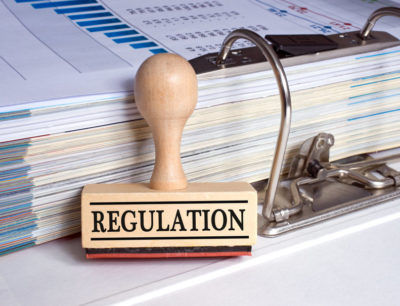- Platforms like OpenSea are virtual asset service providers subject to AML and KYC laws
- Not all NFT transactions are recorded on a public ledger
- Smart contracts enable transactions that avoid regulation
In a study published February 4, the U.S. Department of the Treasury warned that non-fungible tokens (NFT) could be used as a tool to launder money in the high-value art market, CoinDesk reported. According to their report, evidence exists that expensive art is involved in money laundering and NFTs could be used to facilitate other illegal transactions in the market.
Art market has “long-standing” anonymity culture
The art market has a “long-standing culture of privacy” and, what’s more, art is relatively easy to transport. This makes price manipulation possible and expensive art vulnerable to money laundering, the report stated, adding:
Recent sales of high-profile pieces of physical and digital art involving NFTs, including NFT-authenticated works such as Beeple’s ‘Everydays: The First 5000 Days,’ which sold at a Christie’s auction for more than $69 million, indicate that this nascent art sector has reached similar valuations as traditional art mediums.
NFT market is worth a fraction of art market
In 2020, the US art market was worth $20 billion compared to $1.5 billion in trading on the NFT market in the first quarter of 2021. However, the report points out that legitimate art dealers and auction houses are offering NFTs more and more often, drawing attention to the growth of platforms such as Dapper Labs, OpenSea and SuperRare, which could be seen as virtual asset service providers (VASP) and therefore subject to AML and KYC laws.
Risks of wash trading with NFTs
Further, the report states:
NFTs can be used to conduct self-laundering, where criminals may purchase an NFT with illicit funds and proceed to transact with themselves to create records of sales on the blockchain. The NFT could then be sold to an unwitting individual who would compensate the criminal with clean funds not tied to a prior crime.
Moreover, not all transactions are recorded on a public ledger. Some will inevitably escape the attention of investigators or regulators watching for illicit funds. The authority adds that smart contracts, which are in place to guarantee the original artist receives royalties from every sale of their NFT, enable transactions that avoid regulation.
The Treasury Department concluded:
These types of contracts can create an incentive to shape a marketplace where the work is traded repeatedly in a short period. The activity can pose [money laundering] vulnerabilities because the incentive to transact can potentially be higher than the incentive to verify the identity of the buyer of the work.












